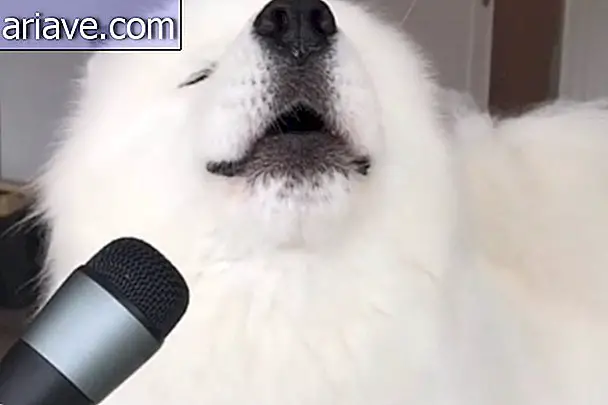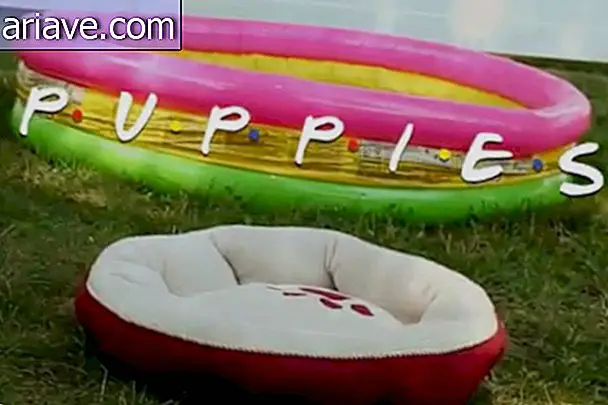SC dolphins create accent to help Brazilian fishermen
Many species have already found that teamwork is the best sign. In Laguna (SC), the unlikely relationship - and unique in the world - is between dolphins and humans. It is the aquatic animals that give the signal for the net to be thrown overboard and the mullet fishing to take place.
This signal, according to researchers from the Federal University of Santa Catarina, is through a kind of whistle that is unique to dolphins in this region of the planet. The animals swim in groups to push as many fish as possible into the fisherman's net. As a reward, they themselves end up benefiting from stray mullets.
The friendly relationship has been in the region for at least 120 years. And don't think dolphins do it forcibly, no: they are free in the wild, voluntarily helping fishermen. As the waters of the lagoon are very dark, it is up to the marine cetaceans to warn when it is the right time for men to take action.
At present, it is estimated that at least 20 dolphins “work” in the region, always benefiting from the surplus not caught by the 200 or so fishermen. The relationship is so close that animals are already identified by differences in shapes and patches on the skin - some even have names!
What is curious about the accent relationship is that dolphins that work in partnership with humans in Santa Catarina maintain this intonation of communication even when they are among “relatives” who do not help in fishing. Although dolphin vocalization is different in various areas of the planet, seeing this happening among animals in the same region is quite curious for biologists who study the behavior of these animals.












